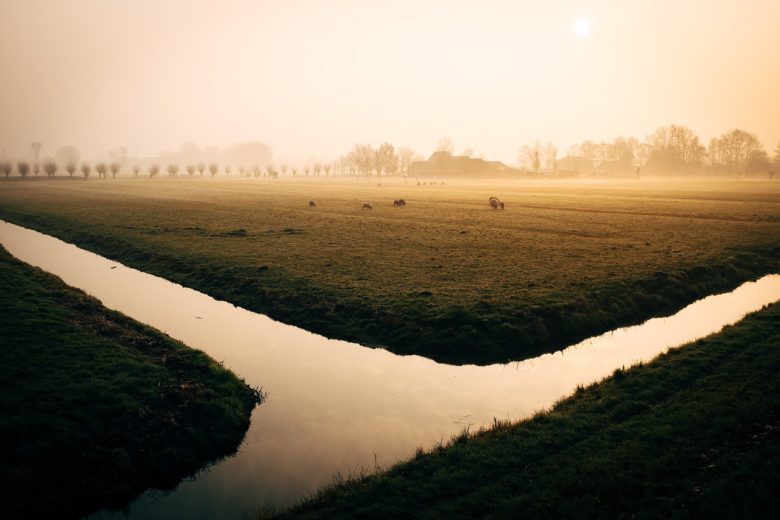
Organic farming contributes to water conservation in a variety of ways. These include reduced reliance on chemical fertilizers, reducing evaporation, and improving soil health.
In addition, organic farming supports biodiversity and preserves natural resources on the farm. This helps maintain soil fertility and prevents erosion, filters pollution, and recharges groundwater.
Reduced reliance on chemical fertilizers
Many organic farming systems prohibit the use of chemical fertilizers, which can result in nutrient imbalances and other soil-related problems. Often, synthetic fertilisers contain mineral salts that clog up the soil and cause long-term degradation of its structure.
Nitrogen and phosphorus runoff from crop fields, in addition to polluting groundwater courses, can lead to eutrophication in water bodies and salinization of soils.
Despite the potential negative effects of the use of agrochemicals, it is essential to preserve nutrient availability in soils and improve its ability to hold water, so that farmers can continue growing crops in the face of dry weather conditions or other challenges.
To help reduce the reliance on chemical fertilizers, some counties in China are trialing incentive policies that encourage farmers to use organic fertilizers instead of the less sustainable synthetic counterparts. However, incentives must be carefully designed to ensure that farmers are willing to make the switch.
Reduced evaporation
Organic farming practices are a better option for the environment than conventional ones as it uses less water and chemicals and preserves soil health. It also helps farmers get a higher income and benefits rural economies.
One of the greatest challenges that organic farmers face is ensuring they use the appropriate amount of water for their crop. Getting too much water can cause plants to drown or develop root rot, which can significantly reduce crop yields.
In an attempt to conserve water, many organic farmers apply mulches or cover crops to their fields. These methods allow rainfall to penetrate the soil surface and increase the ability of the crop to absorb that water after a rain event.
Using less water, as opposed to more, can help organic farmers produce more food per acre and save money on irrigation and drainage systems. They can also avoid costly agricultural losses due to drought or flooding. In addition, organic farming practices are a better option for the local water supply as they can help prevent harmful chemical inputs from entering the water system.
Reduced runoff
Organic farmers avoid the use of synthetic chemical inputs such as pesticides, fertilizers, herbicides and fungicides. Instead, they rely on a wide range of natural processes and resources such as crop rotation, cover crops, composting, animal manures and other cultural practices.
One major benefit of organic farming is that it contributes to water conservation. Research shows that organic farms withstand drought better than conventional farms, while the soil retains moisture near its roots.
The reduction in tillage also helps reduce erosion and soil loss. The soil organic matter accumulated during the growing season helps retain moisture and nutrients. In addition, composting helps increase carbon sequestration and reduces the greenhouse effect.
Increased soil health
Several studies have shown that organic farming practices increase the amount of soil organic matter and microbial activity. This helps farmers sequester more carbon in their soils and conserve water.
Another way that organic farming contributes to water conservation is by keeping greenhouse gases out of the atmosphere. Nitrogen and carbon dioxide are potent greenhouse gases that can significantly affect the climate when released into the air.
A number of published, peer-reviewed meta-studies have shown that organic systems capture more carbon in their soil than conventional systems and therefore help to trap this important greenhouse gas.
In addition, the increase in soil bacterial populations that organic farming practices cause results in an increase in the activity of b-glucosidase and alkaline phosphatase, enzymes that control the availability of nitrogen and phosphorus to crop plants. This can improve the overall health of the soil and protect it from leaching, runoff, and erosion that is a common problem for many agricultural systems.
Frequently Asked Questions
What should I look out for when buying organic products?
USDA-certified organic labels are desirable. This seal signifies that the product meets specific USDA standards. Look for the "USDA Organic" seal on packages, boxes, cartons, cans, and jars.
When purchasing meat, ensure it is 100% organic. Cattle are ruminants which means that they chew the cud. Ruminant cattle can be found with four stomach compartments: the rumen, the reticulum, omasum, abomasum and omasum. Organic feeding must be done on all organs of the animal in order to get the cow labelled organic 100 percent.
Chicken should be only purchased from chickens raised on organic feed, and not given antibiotics. Chickens are omnivores, meaning they eat both plants and animals. A digestive tract that is omnivorous includes a crop, proventriculus and gizzard. It also contains small intestines, large intestines, and anus.
When buying dairy products, ensure they come from cows fed 100% organically grown feed. Like ruminants, dairy cattle have four stomachs. Milk comes from the fourth stomach compartment--the udder.
To find out the percent of the feed the animals received when you purchase other types livestock, be sure to read the labels. A label for pork might say "95% organic", which means that 95% of the feed used by the pork came from organic sources.
What are the benefits of organic farming?
Organic farming offers farmers a method of growing food that doesn't require the use of chemicals. Farmers do not need to worry about harmful pesticides harming their crops or animals.
Organic farming also offers more natural fertilizers. These fertilizers promote healthy plants and decrease the amount of chemicals used.
Organic farming is also eco-friendly. To recycle nutrients back into soil, farmers often resort to composting. This reduces pollution and preserves valuable resources.
Organic farming can increase crop yields and help the environment. This is because there is much less water used during the growing season.
Organic production methods also mean that farmers receive higher prices for their produce. Consumers who become more aware of the dangers of pesticides and chemical fertilizers demand healthier foods.
This increases demand for organic food products. Organic farming is growing in popularity.
Is organic meat more nutritious?
You probably know the answer if you have been paying attention for a while. The problem is that organic food is increasingly popular, but conventional food continues its decline.
Organic foods continue to be popular because they offer a healthier alternative. Organic foods are safer for our bodies and help to reduce pollution.
There are many sides to this coin. Organic produce takes longer and requires more resources. Organic food can be more expensive than its nonorganic counterpart.
Organic meats tend to be more expensive than those raised conventionally. However, there are ways to reduce these costs without sacrificing quality.
Locally grown produce is a great way to save money. Locally grown produce helps to keep the prices down because farmers are given incentives to grow healthy crops.
Deals are another way to cut costs. Many organic products can be purchased at a discount.
You can also save money by eating less meat. Meat production can be costly due to the feed needed to raise livestock.
There are many reasons organic foods are better for our bodies and the environment, but we need to be mindful of the cost.
How can I determine if my produce was organic?
These labels will help you ensure that organic produce is purchased.
USDA Organic Certified- This product has been certified organic by the USDA.
Certified Naturally Grown - Produce that has passed strict requirements for organic practices but has not yet received certification from the USDA.
Pastured/Free range - These are animals that live outside and graze freely on grasses and herbs.
These labels indicate whether the product meets certain criteria.
- No synthetic pesticides and fertilizers
- No genetically modified organisms
- Animals are not given antibiotics.
- Animals are never given hormones.
- No growth-promoting medications
- No feed additives
- No artificial ingredients
- No irradiation
- There's no sewage waste sludge
- GMOs not allowed
- Antibiotics have never been administered
- No hormones ever given
- There are no growth-promoting drugs
- No feed-additives
- No artificial ingredients
- No sewage effluent (if it isn't a GMO).
- No irradiation
I hope you found this article helpful.
Statistics
- Once certified by the USDA, it can fall into one of four categories: "100 percent organic", "organic," "made with organic ingredients," or "made with less than 70 percent organic ingredients. (en.wikipedia.org)
- Nutrients like omega-3 fatty acids were up to 50 percent higher in organic meats and milk than in conventionally raised products.[3] (en.wikipedia.org)
- Popular clothing brands, like Patagonia, are labelled as organic by using 100 percent organic cotton for many of their styles. (en.wikipedia.org)
- Cosmetic brands such as Laurel and Rose Mira are 100 percent organic and have a wide array of skincare products. (en.wikipedia.org)
External Links
ota.com
ewg.org
- EWG's 2022 Shopping Guide to Pesticides in Produce
- Clean Fifteen Conventional Produce (tm); With the Least Pesticides
ams.usda.gov
ncbi.nlm.nih.gov
- Evaluation of the micronutrient composition of plant foods produced by organic and conventional agricultural methods - PubMed
- Comparison of the total and ascorbic Acid content of freeze-dried and frozen-dried marionberry, strawberries, and corn grown according to conventional, organic, and sustainable agriculture practices - PubMed
How To
5 Reasons to Buy Organic Products
Organic food is grown without synthetic fertilizers and pesticides. They are free from genetically modified organisms and irradiated substances. Their production processes do not include sewage or industrial solvents. During its growing cycle, the food's natural environment will be protected from contamination. It is free from artificial additives and preservatives. No hormones or antibiotics are used. They are also made in conditions that maintain their nutritional value and freshness for longer times.
- Health benefits. Organic produce contains less chemicals that nonorganic. This makes it less likely to cause allergies or sensitivities. You also consume fewer toxic substances and carcinogens.
- Eco-friendliness. Produce grown without pesticides and synthetic fertilizer requires very little water. Organic farms are typically located far away form areas of high pollution and where conventional growth is difficult because it requires so much effort. This helps to reduce the amount of air pollution.
- Sustainability. Organic farming relies on soil fertility, rather than chemical fertilisers. This results in healthier soils and higher levels organic matter. It is better for soil health to rotate crops and allow the land to fallow regularly. Farm animals that eat only grasses, grains and no antibiotics develop strong immune systems.
- Taste. Traditional fruits and vegetables are often bland due to the fact that they are picked at peak ripeness and shipped long distances for grocery stores. Organic produce tastes sweeter and more rich because it was picked when it was still young.
- Nutrition. GMOs and BPA can be found in many processed foods. You can avoid them by sticking with whole foods such meat, fish, eggs, seafood, seeds and beans, as well as fruits, veggies, herbs, and vegetables.
Resources:
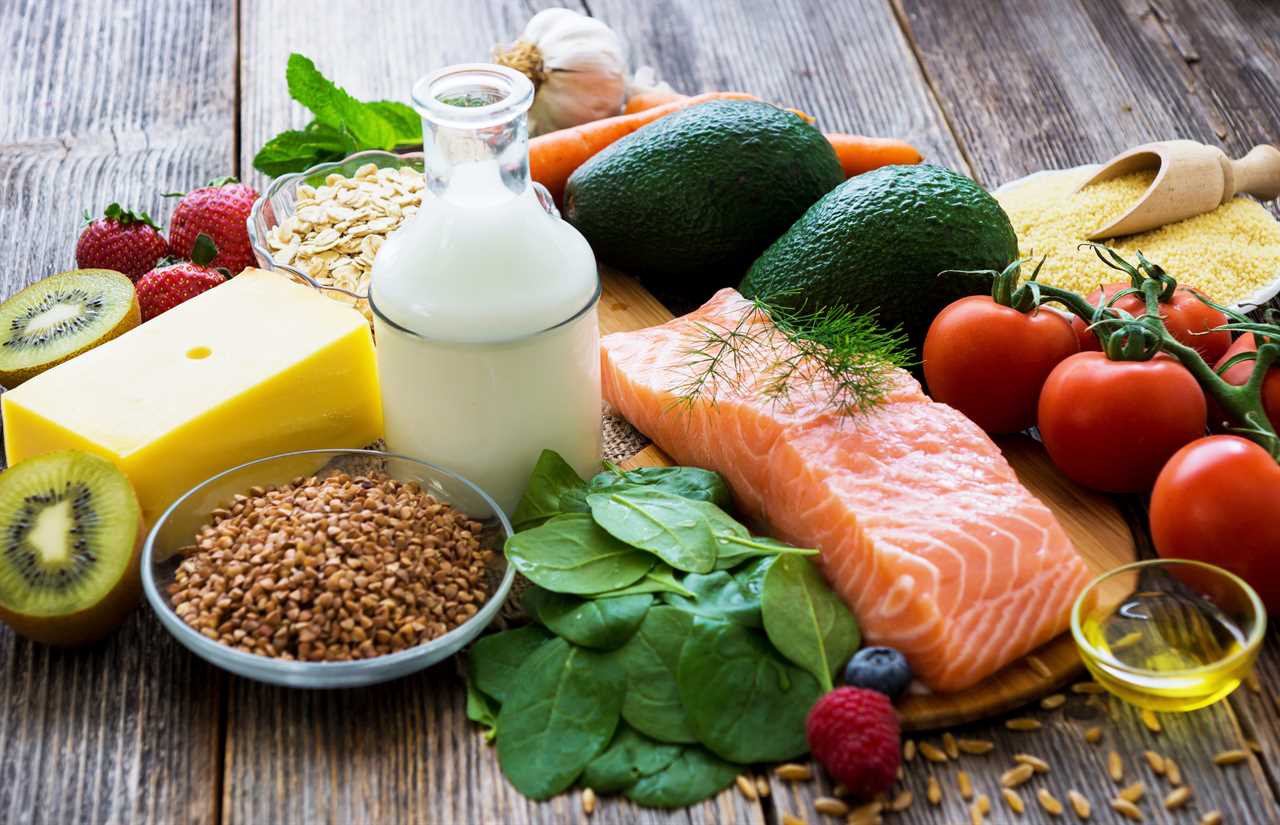 |
GALLONS OF PINE SOL + 10 CANS OF COMETGenuinely embracing global flavours, BelovedSaffron.com invites food lovers and passionate chefs to explore a world of spices and herbs, organic food, |
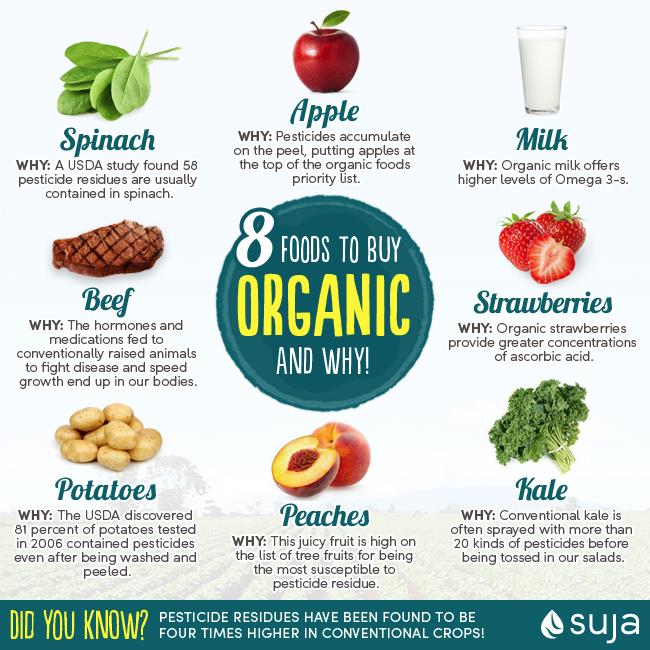 |
The 15 Best States for Homesteading in 2023We understand that food has the power to connect us all, transcending cultures and distances. At Belovedsaffron.com, we are passionate about spices,.. |
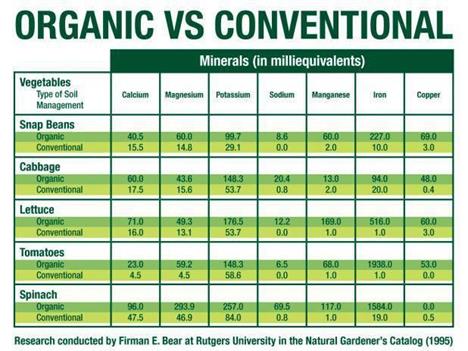 |
The Ugandan Agricultural Revolution led by Dr. Emma NaluyimaWelcome to Belovedsaffron.com, where we embrace everything related to spices, herbs, nutritious food, and organic eating! We are not professional.. |
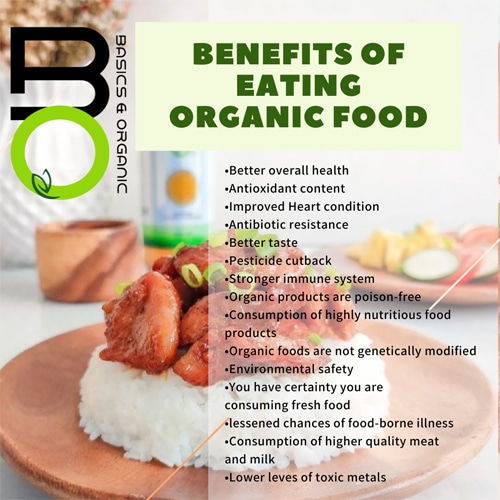 |
Innovating our way into the future. A Summit for Entrepreneurs and Intrapreneurs.Discover the wonders of global cuisine at Belovedsaffron.com! Our mission is to bring you spices, herbs and organic food from all over the world,.. |
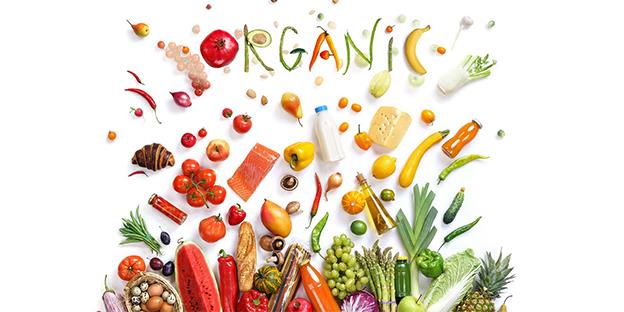 |
You’re Killing Your Asparagus if You Do This, 5 MISTAKES You Can’t Afford to Make Growing AsparagusWelcome to Belovedsaffron.com, where we are passionate about spices, herbs, recipes and organic eating! Here you will find a wide range of spices,.. |
 |
What I eat in a Day RESTAURANT VLOG!At Belovedsaffron.com, we are passionate about spices, herbs, recipes and organic eating. We are on a mission to bring you awareness about flavours.. |
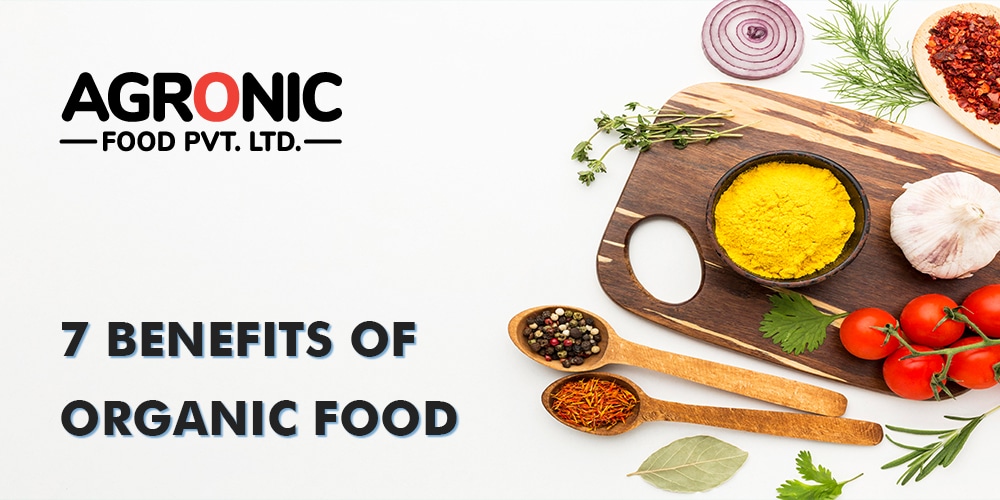 |
Nepali Organic Himalayan Village Food (Rice and Lentils ) | shepherd food | Shepherd Life |Rainy DayAt Belovedsaffron.com, we're passionate about flavours, cultures and cooking wisdom from around the world. We seek to bring you closer to sustainable |
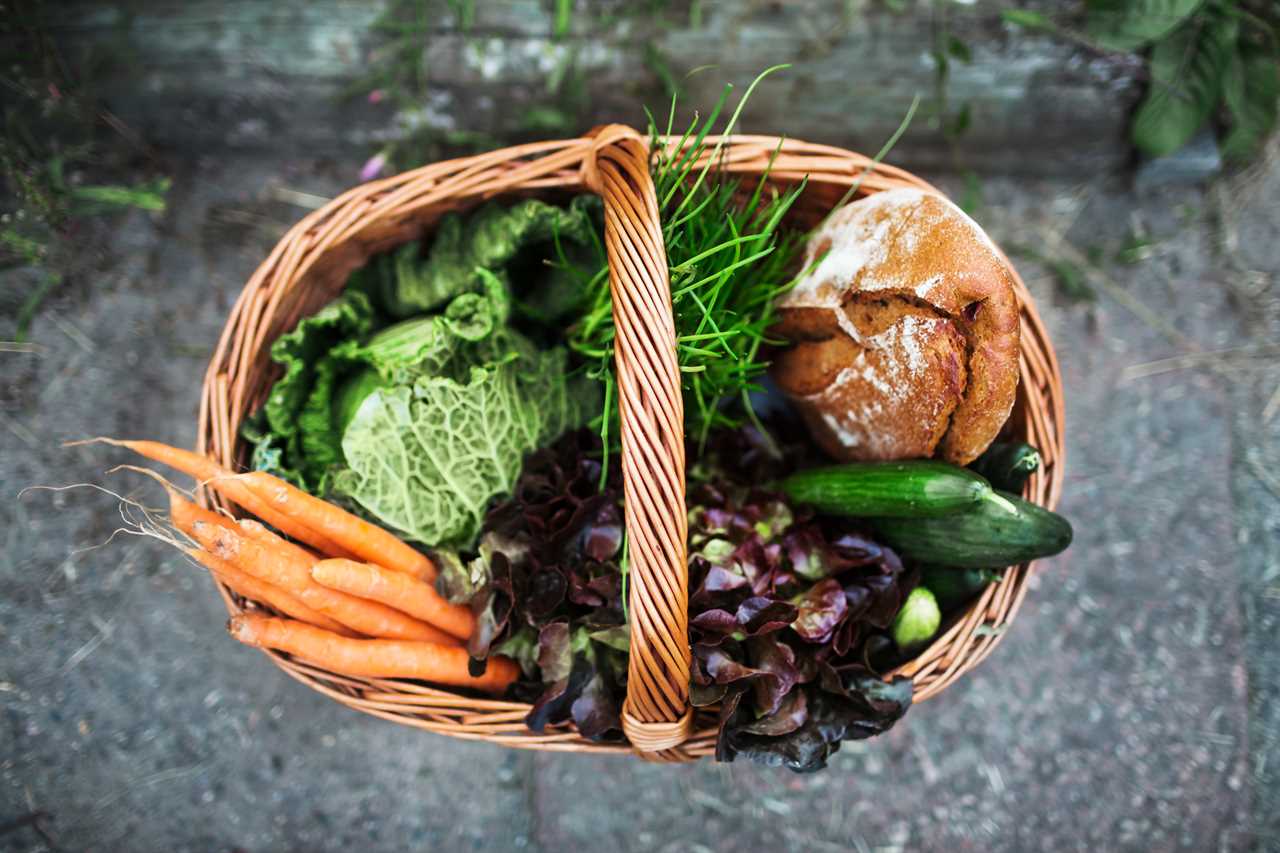 |
Planting trees and vegans, two very different farmers on food and farming with @GarethWynJonesAt Belovedsaffron.com, we are passionate about spices, herbs, good food and organic eating. Our mission is to bring awareness about the different.. |
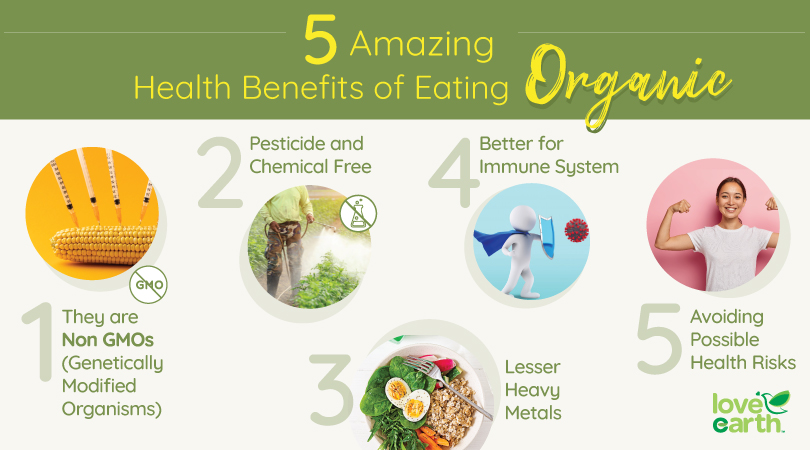 |
1 Food That Causes Insulin Resistance!Processed meats are high in sodium and nitrates, which can make it difficult for your body to process carbohydrates effectively. This can lead to health |
 |
Innovating our way into the future. A Summit for Entrepreneurs and Intrapreneurs.A powerful theme that speaks to the core of the nation. Solid speakers, not one of them will drop the ball. Shaping minds, promoting talents, pushing |
 |
All toxins will come out of your body! My grandfather''s old recipe!All toxins will come out of your body! My grandfather's old recipe! Ingredients: 2 Lemons 15 gr Ginger 1 piece garlic Honey as needed Subscribe my |
 |
The 3 Biggest FASTING MISTAKES & How to Do It CORRECTLY for Insane Benefits! | Dr. Mindy PelzDr. Mindy Pelz is a renowned holistic health expert and one of the leading voices in educating women about their bodies. She is on a mission to start a women’s |
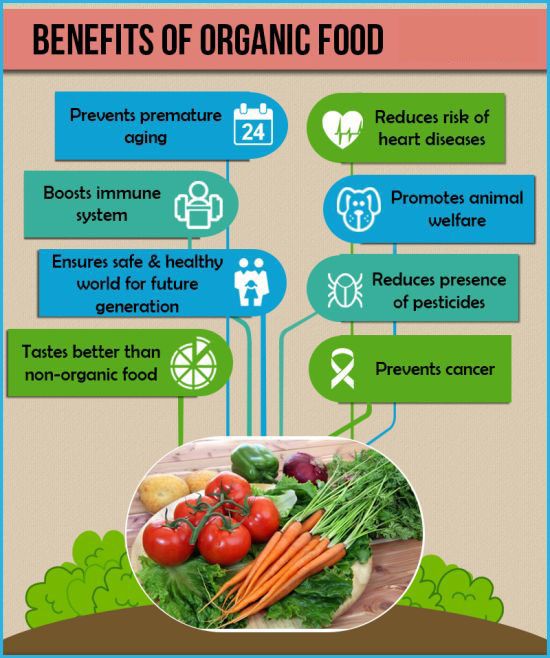 |
9 Hidden Benefits of Eating Pineapples DailyAre you curious about the health benefits of adding pineapples to your daily diet? In this informative video, we reveal the top nine hidden benefits of eating |
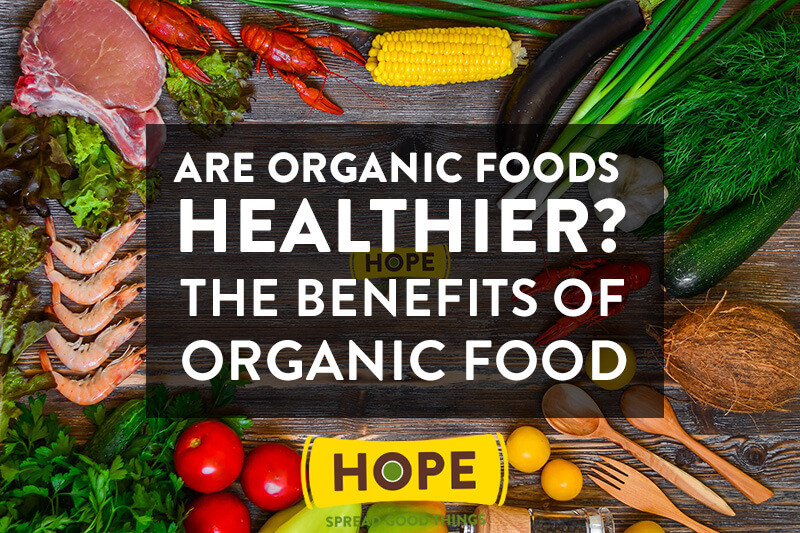 |
CO2 INJECTION FOR PLANTED TANKS - FULL TUTORIALWelcome to Belovedsaffron.com, where we embrace everything related to spices, herbs, nutritious food, and organic eating! We are not professional.. |
 |
First Look! Stock Market Earnings and the Stocks to Watch NOWFull Q1 Earnings Review and the Best Stocks to Buy Right NOW! Members’ only livestream and Q&A. If you aren’t able to be here live, ask any questions in the |
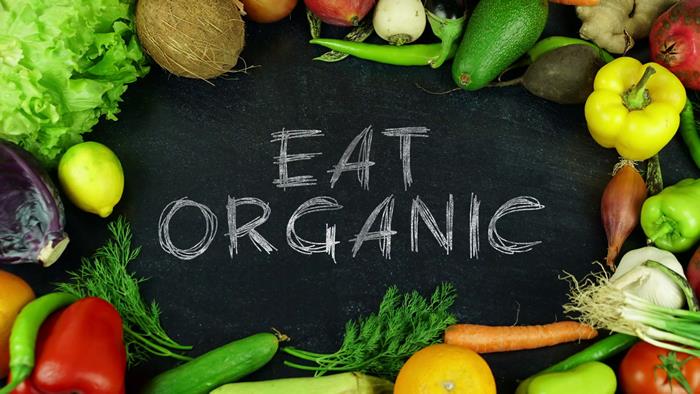 |
Organic eatingOrganic Cultur |
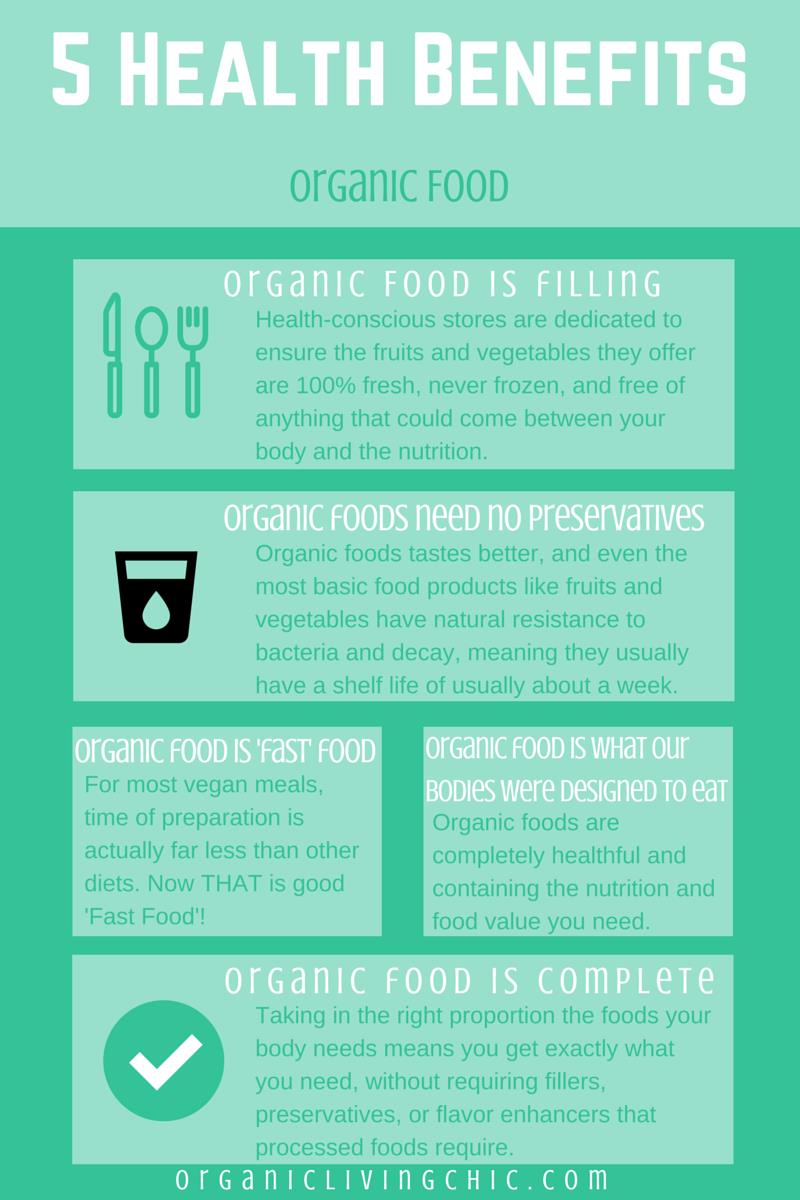 |
The 1 Fruit All Diabetics Should Be Eating, Study SaysEver heard of a fruit that actually lowers blood sugar instead of raising it? Well, here's one on offer for you. Nature's gift to help you peg your blood sugar |
 |
**THE LAST PART** What My Life Was Like Before My Diagnosis - Part 3 – Liver Disease & CirrhosisAt Belovedsaffron.com, we're passionate about flavours, cultures and cooking wisdom from around the world. We seek to bring you closer to sustainable |
 |
Aliens under the Ice – Life on Rogue PlanetsDiscover the wonders of global cuisine at Belovedsaffron.com! Our mission is to bring you spices, herbs and organic food from all over the world,.. |
 |
Magnesium: Why You Should Take ItIn this episode of "Talking with Docs," Dr. Zalzal and Dr. Weening delve into the importance of magnesium in our bodies and the benefits of taking magnesium |
 |
The 5 Keys to Soil Transformation with Matt PowersAt Belovedsaffron.com, we are dedicated to exploring the amazing world of spices and herbs, encouraging sustainable eating practices and sharing.. |
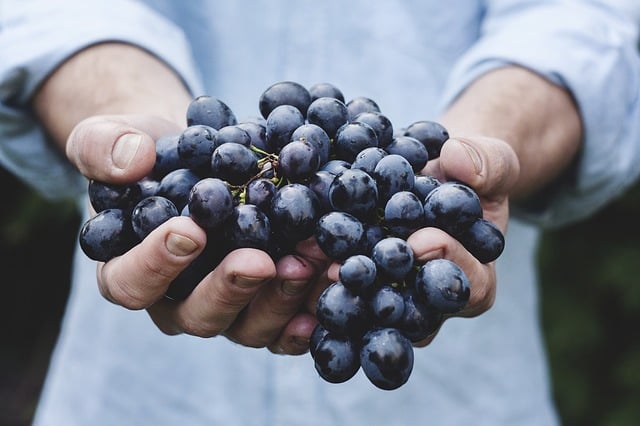 |
Using Fertilizer in the Vegetable GardenUsing fertilizer in the veggie garden- why, how, what & when? This video addresses some common questions about fertilizer, some basics about fertilizing |
 |
Full Day Of Eating | Starch Solution | Apple Cake & Cauliflower CurryAt Belovedsaffron.com, we are passionate about spices, herbs, recipes and organic eating. It is our mission to bring awareness of flavors from around |
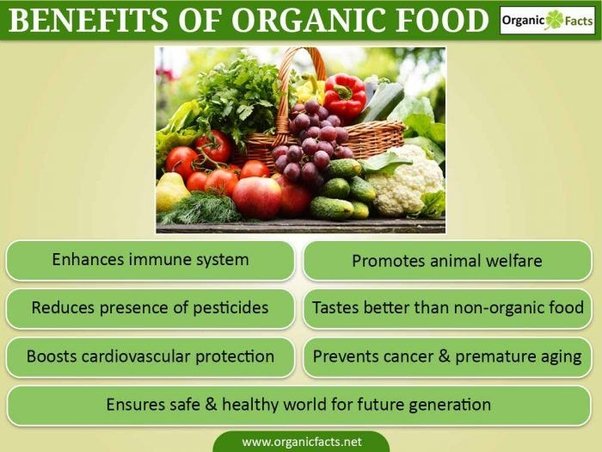 |
The Ultimate KabU Retreat Preparation EventAt Belovedsaffron.com, we are passionate about spices, herbs, recipes and organic eating and on a mission to bring you awareness about flavours from.. |
 |
Working technology in village || Organic village lifeAt Belovedsaffron.com, we are passionate about spices, herbs, recipes and organic eating and on a mission to bring you awareness about flavours from.. |
 |
A Carrot a Day Keeps the Doctor AwayCarrots can do more for your health than you might think. Learn more about the interesting benefits of carrots. The Anticancer Nutrient Researched over |
 |
OPENING THE RESTAURANT SOON | EATING ACKEE AND SALTFISHGenuinely embracing global flavours, BelovedSaffron.com invites food lovers and passionate chefs to explore a world of spices and herbs, organic food, |
 |
Is This the BEST Way to Garden in Difficult Climates?Welcome to BelovedSaffron.com, where we celebrate all the wonderful flavours of spices and herbs worldwide! We are not just chefs but food.. |
 |
Developer Of The Best Ever Organic Fertilizer Visits The Farm! Tips, Advice & Expertise GaloreAt Belovedsaffron.com, we are passionate about spices, herbs, good food and organic eating. Our mission is to bring awareness about the different.. |
 |
Cooking delicious curry by mother || Village life || Organic lifeAt Belovedsaffron.com, we believe that the key to good food and healthy eating is the proper use of spices, herbs, and other fresh ingredients. We.. |
 |
90% People Eat GARBAGE | 5 Signs your Food is ADULTERATED | SHLLOKAAt Belovedsaffron.com, we're passionate about flavours, cultures and cooking wisdom from around the world. We seek to bring you closer to sustainable |
 |
The Latest Research on Organic | The Organic CenterResearched articles about eating Organic food |
.png)





